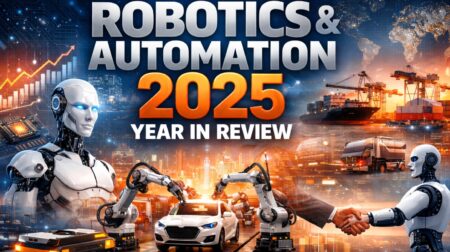Data and analytics company GlobalData has predicted that AI will be a key driver of healthcare innovation and industry disruption this year.
“AI has the potential to revolutionise the healthcare industry, supporting the: shortening of drug discovery timelines, the successful repurposing of existing drugs to fight Covid-19, the enhancing of remote patient monitoring tools, the improving of supply chain efficiency, and the modernisation of the outdated clinical trial model through improving trial design, patient recruitment, and patient retention,” explained Jemima Walker, analyst in the thematic research team at GlobalData.
Its latest report Tech, Media & Telecoms Predictions 2022 – Thematic Research found that such technology is already a talking point with the healthcare sector. It discovered mentions of AI within healthcare, pharma, and medical device company filings increased by over 50%, from 700 in 2018 to 1,100 in 2021.
The report also predicted that the healthcare segment of the AI platforms market is set to grow from US$1.6bn (£1.2bn) in 2019 to US$5.7bn (£4.6bn) in 2025.
Additionally, the company forecast that digital and virtual tools will help to address the demand for better patient care. “Traditional healthcare is transforming into a patient-centric, consumer-led model, as education, internet access, and wearable devices are allowing patients to actively participating in their medical journey,” Walker continued.
“As the pandemic eases, virtual care will still be in demand. However, virtual care will need to take on a different form than simply ‘replacing in-person visits’, through a combination of both in-person and virtual interactions, with 24% of respondents stating they would be using both services following Covid-19.
“The development of technologies such as 5G, augmented reality, cybersecurity, autonomous vehicles, and cloud computing will allow healthcare providers to fully embrace the transition into digitalised services. There are opportunities for digital and virtual tools to help in many healthcare services, including mental health treatments, chronic pain management, stroke rehabilitation, opioid addiction therapy, and even in the development of autonomous, connected ambulances.”
While the findings were mostly positive, the report did stress the high initial investment needed for medical robotics, as well as the additionally training required, will prevent quick widespread adoption of this technology.









